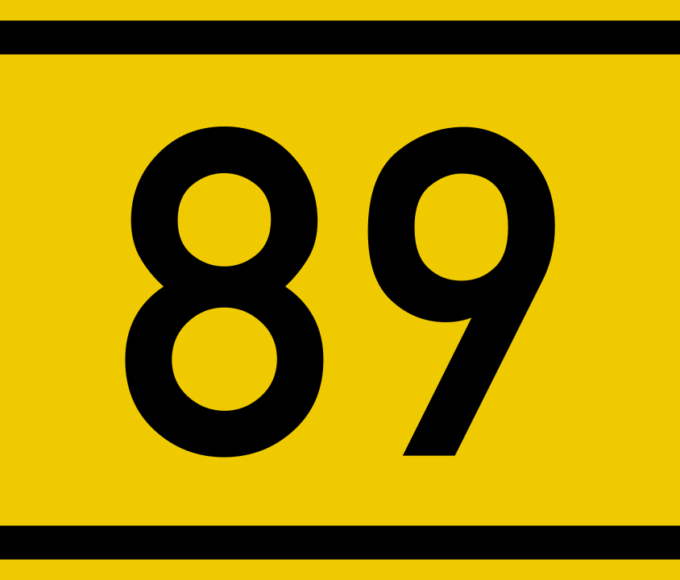There are Wikipedia destinations in 300 distinct dialects, with 46 million articles accessed by 1.4 billion extraordinary tools each and every month. A multitude of 200,000 editors and donors watch this store of online information consistently. David Barnett counsels the online reference book
This is what it needs to state about itself: “Wikipedia is a free online reference book with the mission of permitting anybody to make or alter articles. Wikipedia is the biggest and most well-known general reference deal with the Internet and is positioned the fifth-most famous website. The task is possessed by the Wikimedia Foundation, a non-benefit which “works on whatever monies it gets from its yearly reserve drives”.
I’ve left the reference numbers in that sense they’re very significant, as we will see. Wikipedia started life in 2001, set up by early web business people/evangelists Jimmy Wales and Larry Sanger, with the last instituting the portmanteau name by crushing the conventional reference book facing the name given to cooperatively adjusted sites, wiki. It is a point of fact, a significant player in the web scene and its omnipresence is very bewildering. You can find numerous Wikipedia writing services online busy in offering proficient Wikipedia writers. As indicated by the most recent authority figures, there are Wikipedia locales in 300 distinct dialects, with somewhere in the range of 46 million articles got to by 1.4 billion interesting gadgets each and every month, while a multitude of 200,000 editors and benefactors watch this tremendous store of online information 24 hours per day.
What’s more, it is all totally willful. You’ll have seen the infrequent requests for gifts when you open up Wikipedia locales; behind those, a great many pages is Wikimedia, a beneficent establishment that runs altogether on gifts. There is less than 300 full-time staff around the world, nine of them in the UK.
Wikipedia bans Daily Mail since it’s an ‘inconsistent source’
In any case, everything else you see on Wikipedia has been put there willfully. That is the synergistic idea of Wikipedia; somebody, someplace, has an intrigue or aptitude in the darkest of subjects, and they are eager to invest their energy putting what they know online just on the off chance, that you ever need to know, say, a full rundown of each and every part ever of the Justice League of America, the scores in each last of the English Football League Trophy since 1984, or the names of all the volcanoes in Indonesia.
In any case, anybody with a web and a free site designer program, which flourishes on the web, can do that. The distinction with Wikipedia accompanies those little square-sectioned numbers in the passage above, and the intermittent note you’ll see on a piece. Since behind the individuals who are putting this information online absolutely is because they need another rush of volunteers who are continually addressing, requesting confirmation for and holding under control this tidal wave of data.
Those numbers are connections to references or essential sources that back up the data and the greater amount of them that a Wikipedia passage has the better. At the highest point of each Wikipedia section you’ll see a progression of tabs. One is checked Edit, and that brings the collective idea of the undertaking right home. See something you don’t care for on a page? At that point, you can tap on this tab, and rapidly and effectively change the whole page. In any case, you would do well to make certain of your data and have the sources to back up your data, or it won’t keep going long.
Wikipedia, maybe in spite of mainstream thinking, isn’t a wellspring of data by any means. You can even, in case you’re so disapproved, be wicked or absolute malevolent with Wikipedia. Need to send funnies fans into a spiral by altering that Justice League of America page to supplant all the DC funnies characters with superheroes distributed by rival organization Marvel? Proceed.
“It’ll likely most recent an hour and no more,” says John Lubbock, correspondences organizer at Wikimedia UK. “We get this kind of vandalism of pages every now and again yet somebody will be along to erase it and returned the page to how it was.”
In any case, it’s this capacity for anybody, anyplace, to alter Wikipedia sections that have offered ascend to the recognition that the site is something of a data Wild West; every couple of years there will be prevailing press articles titled “However Can We Trust Wikipedia?”. What’s more, the appropriate response is, and we can trust Wikipedia pretty much as we can confide in any individual who discloses to us anything. But Wikipedia, maybe in spite of prevalent thinking, isn’t a wellspring of data by any means. As such, for another Wikipedia page to be permitted to remain, or for alters to a current page to stick, there must be obvious hotspots for the data, be they straightforwardly linkable essential sources as of now on the web, or references to printed data in books or magazines.
There’s likewise some disarray about who precisely oversees Wikipedia pages. As of late, somebody messaged the Wikimedia workplaces in the UK to state that her dad had won a significant honour in his field of mastery and needed the data adding to his Wikipedia page; she additionally gave a few photos.
“She got very furious when we said we were unable to do that,” says Lubbock. “We needed to clarify that we, as Wikimedia, don’t put data on Wikipedia pages; that must be finished by one of our clients.”
Wikipedia isn’t a predominant press association with a publication staff; it is more similar to an interpersonal organization than a purveyor of data. The information originates from you, or I and our entrances are policed by different clients like you and I. Furthermore, that is the reason the possibility of Wikipedia as the Wild West of the web isn’t right; it’s progressively similar to a self-administering society, maybe in any event, cruising near the political thought of unadulterated turmoil – not the definition that incorporates issue and disorder, however the one that discussions of the nonattendance of power and state.








Leave a comment